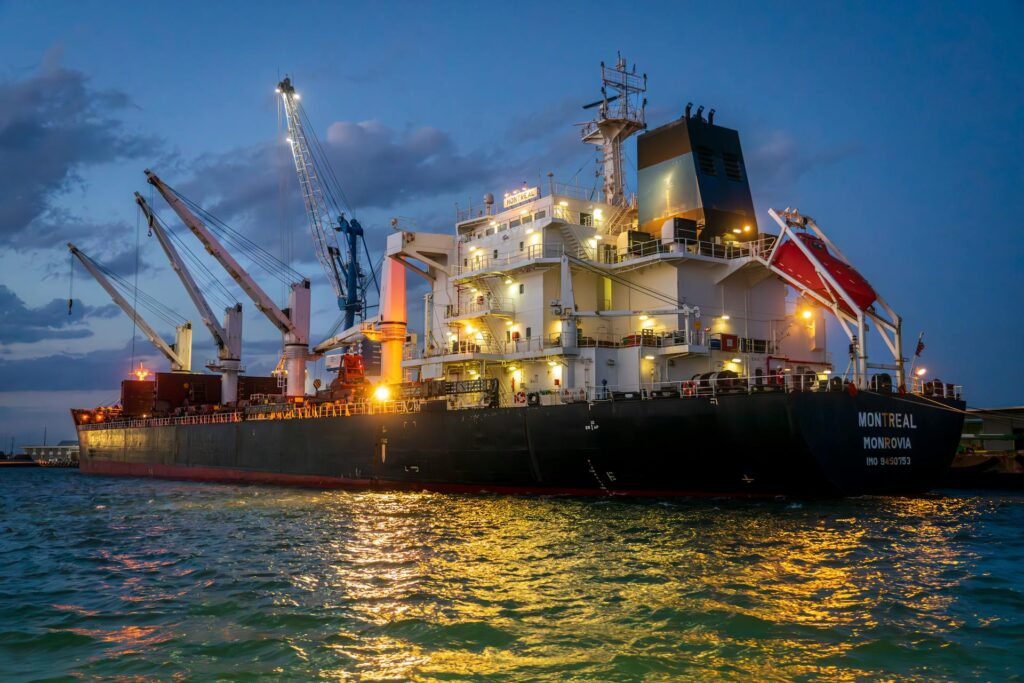
In today’s era of globalization, international logistics serves as a crucial link connecting the economic and trade activities of countries around the world, playing an essential role. However, within the vast system of international logistics, the transportation of sensitive goods has always been a complex and highly concerned area. Due to their special nature, potential risks, and various factors involving laws and regulations, sensitive goods require extremely cautious handling during transportation.
Common types of sensitive goods mainly include the following categories:
I. Liquid, Paste, and Powder Items
This category has a wide range, including but not limited to cosmetic products such as cosmetics, contact lens solutions, perfumes, and various kitchen essentials like seasonings and sauces. The fluidity of liquids, the viscosity of pastes, and the ease of dispersion of powders make these items potentially flammable, explosive, or prone to leakage during transportation.
For example, some cosmetics contain alcohol, which can cause a fire when exposed to open flames or high temperatures. If powdered items are improperly packaged, they may disperse during transportation, contaminating other goods and even affecting the normal operation of transportation equipment. Therefore, in international transportation, these items are subject to strict restrictions and supervision.
II. Food Items
There are numerous types of sensitive food products, such as instant foods, homemade delicacies, traditional flavor foods like sausage and bacon, popular leisure foods like Zhou hei ya and Juewei duck necks, and spicy snacks like spicy strips. Food items face many challenges during international transportation. On one hand, there may be a risk of biological invasion.
Different countries and regions have diverse ecological environments, and certain ingredients in food may cause damage to the destination’s ecosystem. On the other hand, food safety is of utmost importance. To ensure the health of consumers, strict quarantine certificates are required for international transportation to prevent food with harmful organisms such as germs and parasites from entering the destination country.
III. Branded and Counterfeit Brand Products
This includes various well-known clothing, hat, shoe, and bag brands, as well as luxurious luxury goods. Branded products often have high value and unique designs, while counterfeit brand products may violate intellectual property and trademark rights. During transportation, these products may face legal risks and the risk of seizure. Countries are continuously strengthening the protection of intellectual property rights, and customs will conduct strict inspections on goods suspected of infringement. Once counterfeit brand products are found, they may be seized in accordance with the law, and even relevant responsible persons may be punished.
IV. Pharmaceutical Products
Common pharmaceutical products such as cold medicines, anti-inflammatory drugs, masks and other medical supplies also fall into the category of sensitive goods in international logistics. Pharmaceutical products are directly related to human health and safety, and different countries have strict regulations on the import of drugs.
Some drugs may contain special ingredients and need professional approval and supervision to enter the destination country. For example, some cold medicines may contain controlled ingredients such as pseudoephedrine, so special care must be taken during transportation to ensure compliance with the drug import requirements of the destination country.
V. Electronic Products and Household Appliances
Electronic products such as iPads, laptops, mobile phones, cameras, and household appliances such as electric rice cookers, electric kettles, electric heaters, and electric blankets also need to be handled with caution during international transportation. These items may contain lithium batteries or other flammable and explosive components.
For example, lithium batteries may short-circuit, overheat, or even explode under improper transportation conditions, posing a serious threat to transportation safety. Therefore, special attention must be paid to safety during transportation, and appropriate packaging and protective measures should be taken to ensure that electronic products and household appliances are not damaged during transportation while avoiding potential safety risks.
VI. Valuable Items
Valuable items such as gold and silver jewelry and precious artworks are extremely high in value and are easy targets for theft during transportation. At the same time, they may also be damaged due to improper handling during transportation. Therefore, for such items, special safety measures need to be taken, such as using sturdy packaging, purchasing high-value insurance, and choosing a safe and reliable transportation method to ensure that valuable items can reach their destination safely.
In addition, there are some special types of sensitive goods, such as various dangerous goods that are flammable, explosive, corrosive, toxic, strongly acidic or alkaline, and radioactive. Once these items have leaks, explosions, or other accidents during transportation, they will cause great harm to human life and the environment. Therefore, they are strictly prohibited from transportation in international logistics. Various strong poisons, narcotic drugs, and psychotropic substances are also strictly regulated.
The illegal circulation of these items may lead to serious social problems. Items prohibited from circulation or shipping by national laws and decrees, such as certain cultural relics and controlled knives, cannot be transported in international logistics either. In addition, newspapers, books, pictures, promotional materials, audio-visual products, etc. containing reactionary, obscene, or vulgar content are also prohibited from transportation to maintain social public order and good customs. To some extent, personal letters may also be regarded as sensitive goods because they may contain personal privacy information and need to be handled in accordance with relevant regulations.
It should be particularly emphasized that the definitions and restrictions of sensitive goods may vary in different countries and regions. Some countries have stricter restrictions on specific types of food, while some countries have special requirements for the import of electronic products. Therefore, when conducting international logistics, it is necessary to carefully understand and strictly abide by the relevant laws, regulations, and provisions of the destination country to ensure the smooth transportation and safe arrival of goods.
ValueTrust has professional and efficient special line channels and can provide you with a safe transportation plan for sensitive goods. Our professional team will formulate personalized transportation strategies according to different types of sensitive goods to ensure that your goods reach the destination safely in an appropriate form. Welcome to contact us at any time for consultation. Let’s work together to provide you with high-quality solutions for your international logistics needs.





